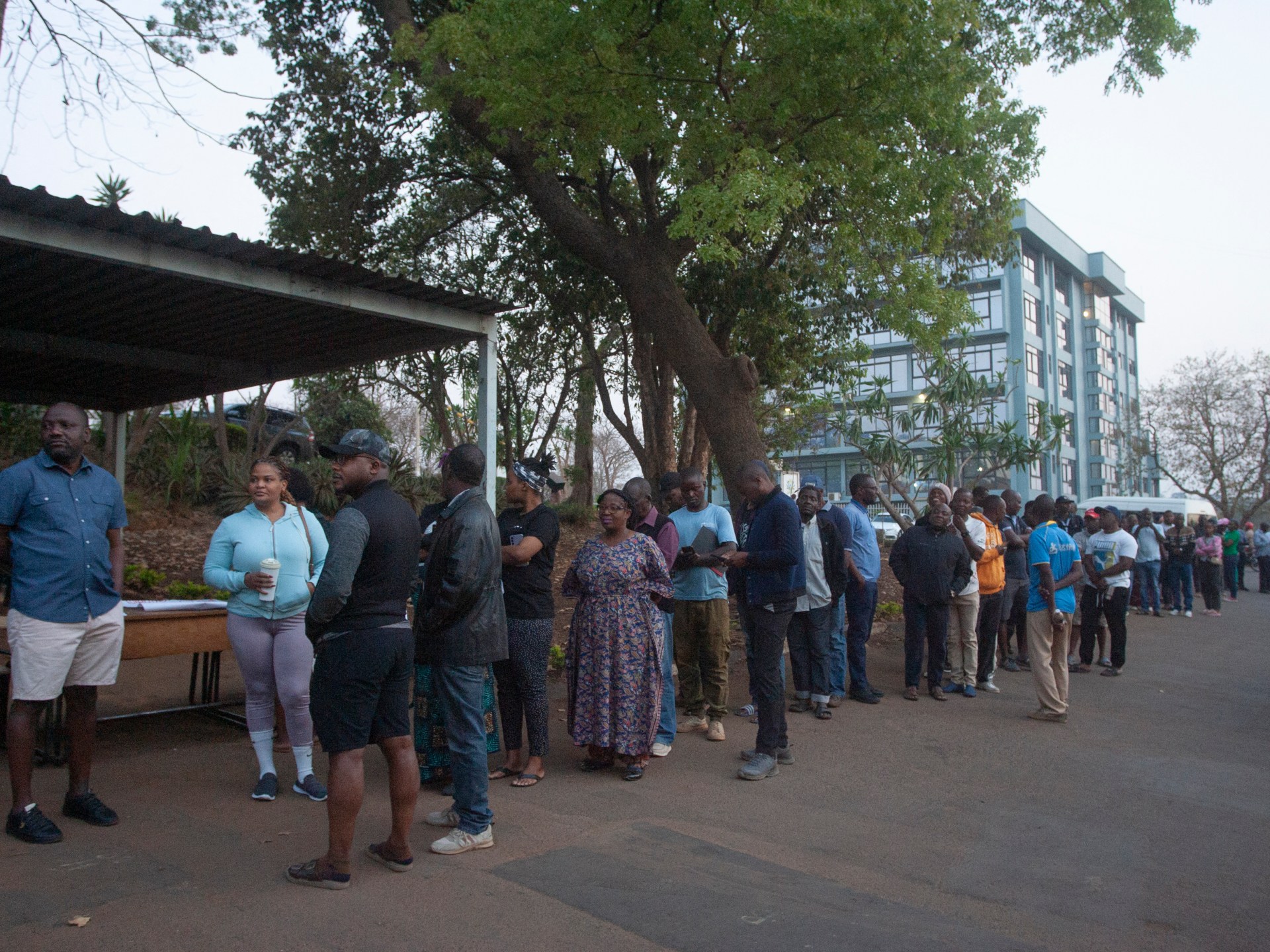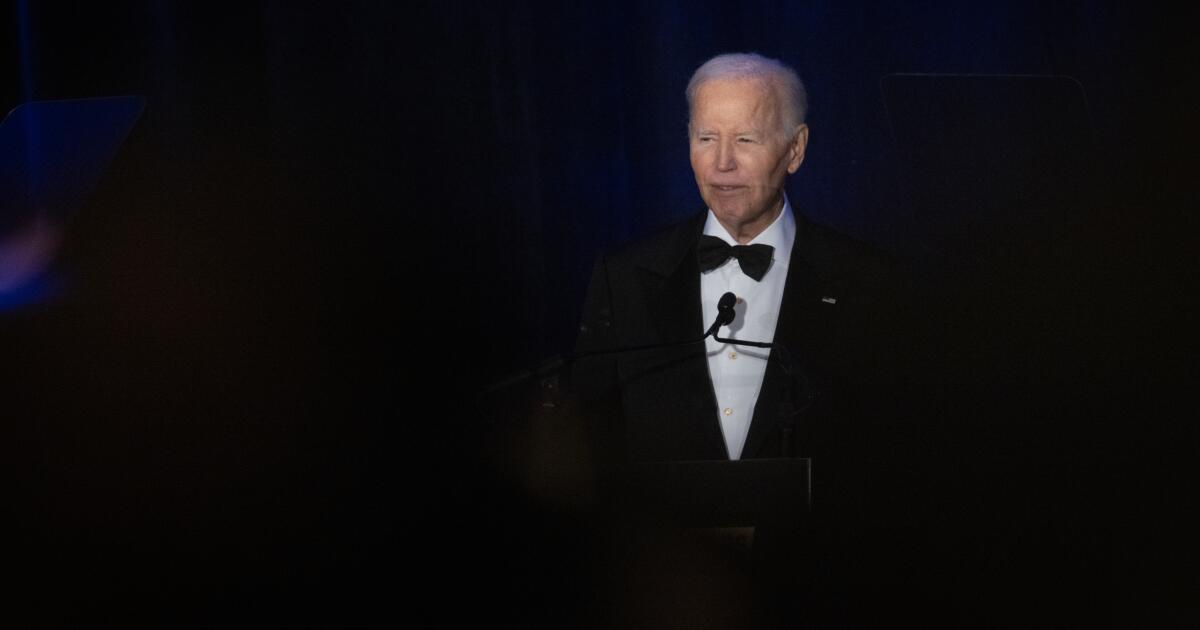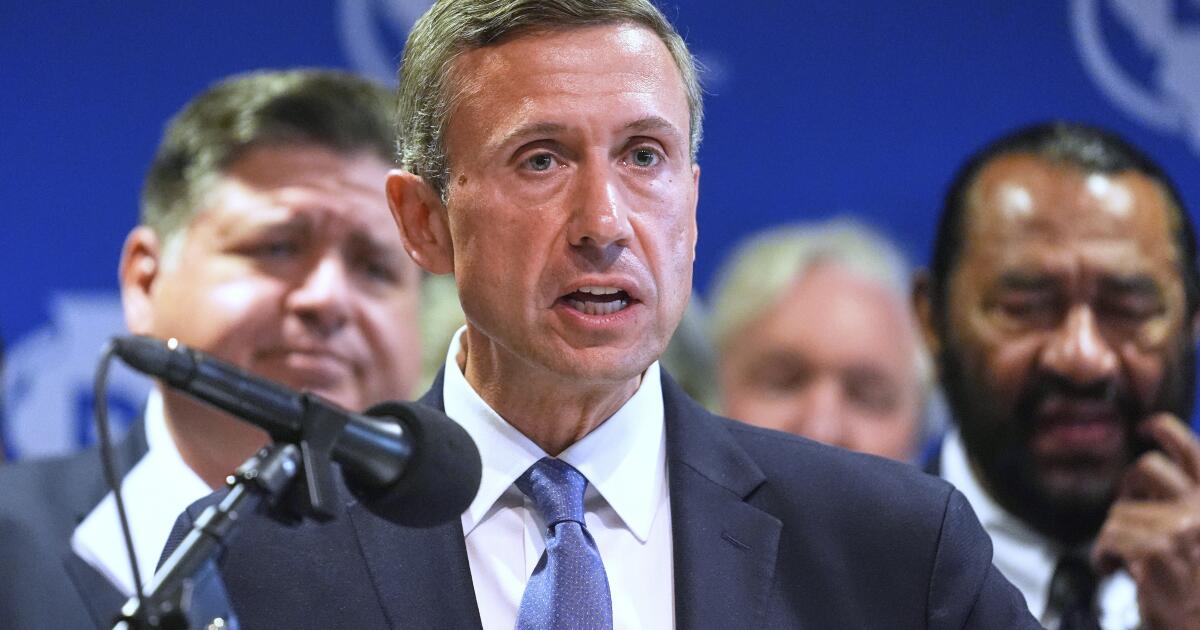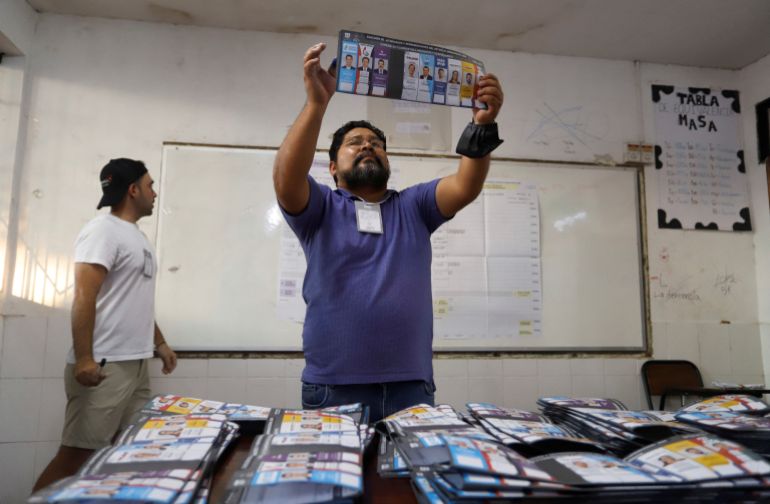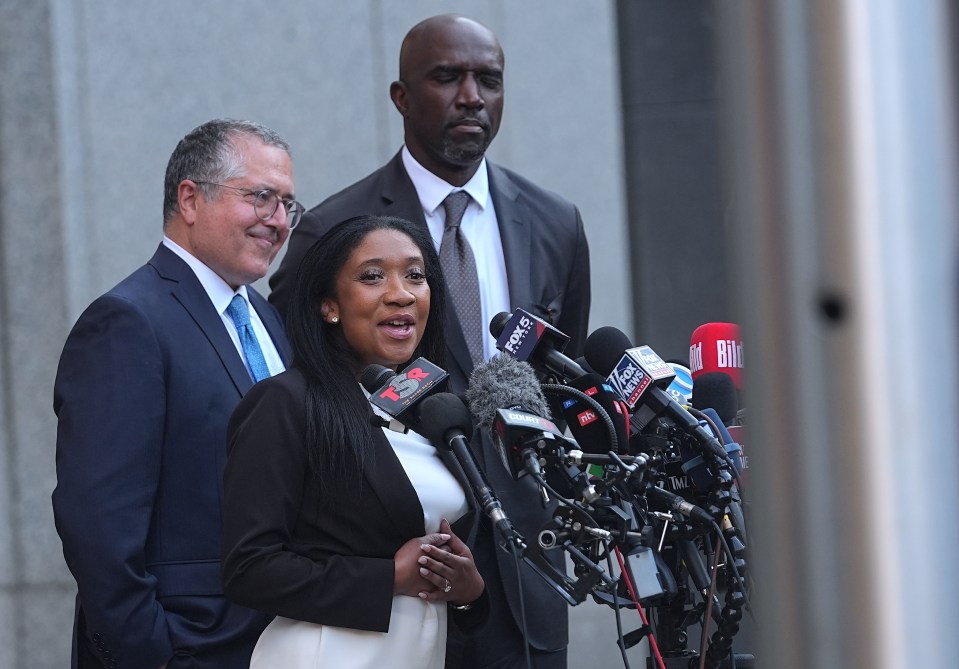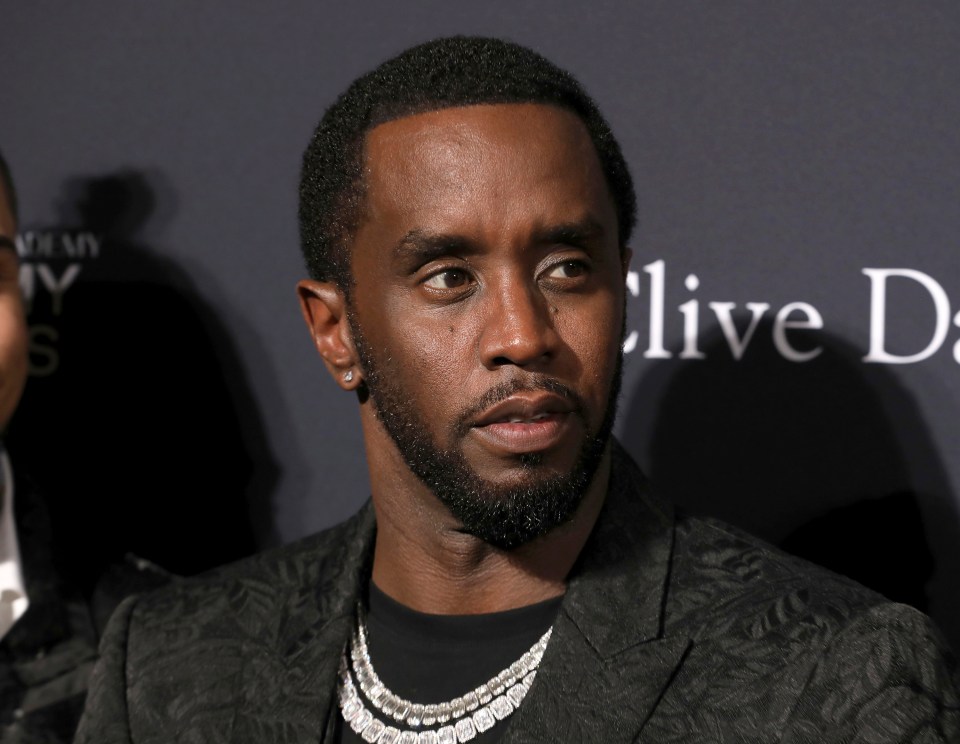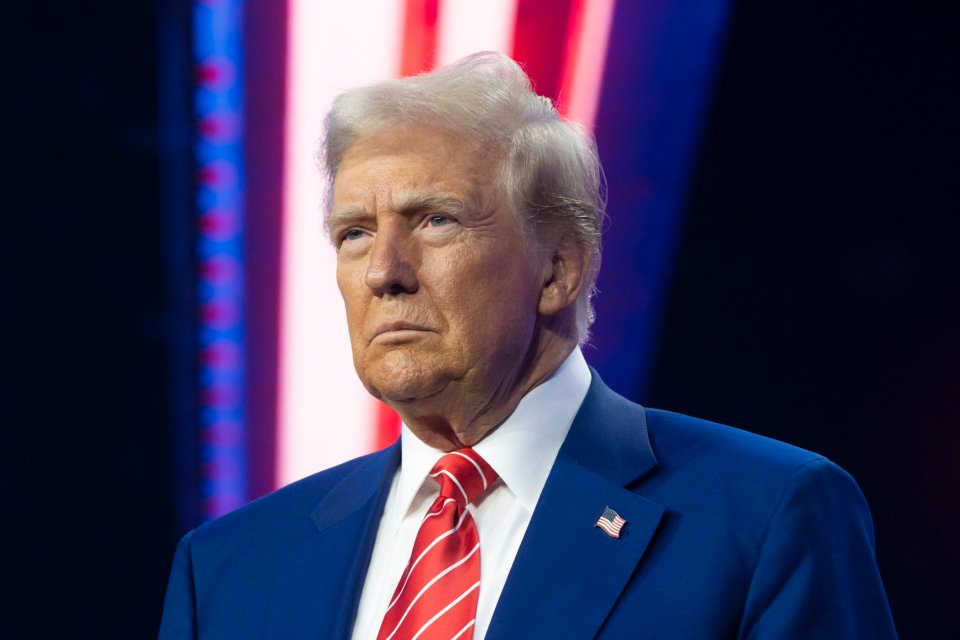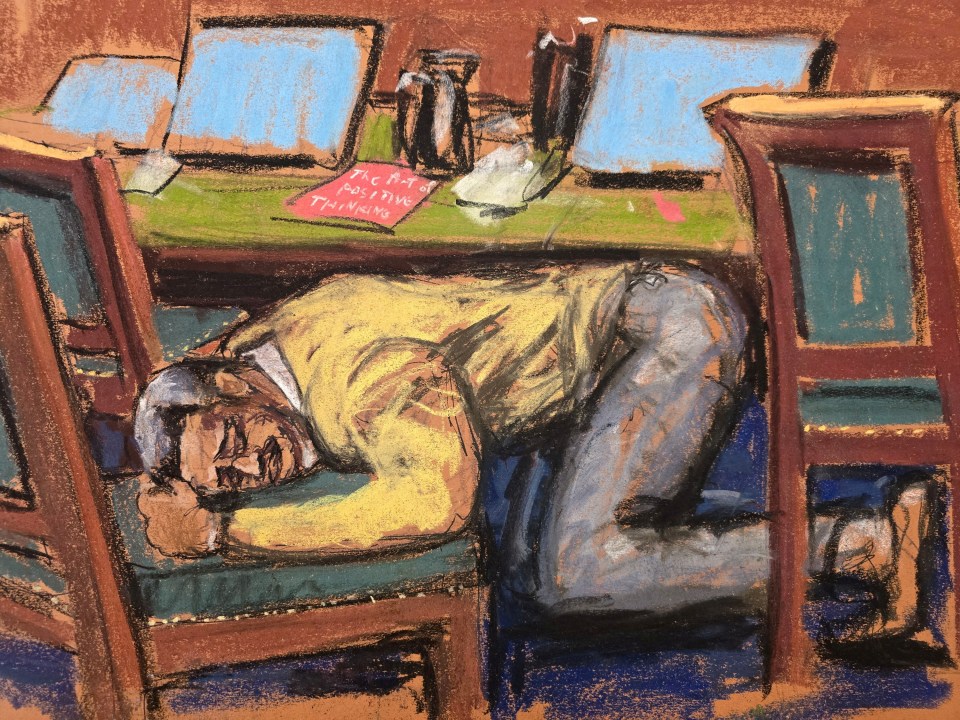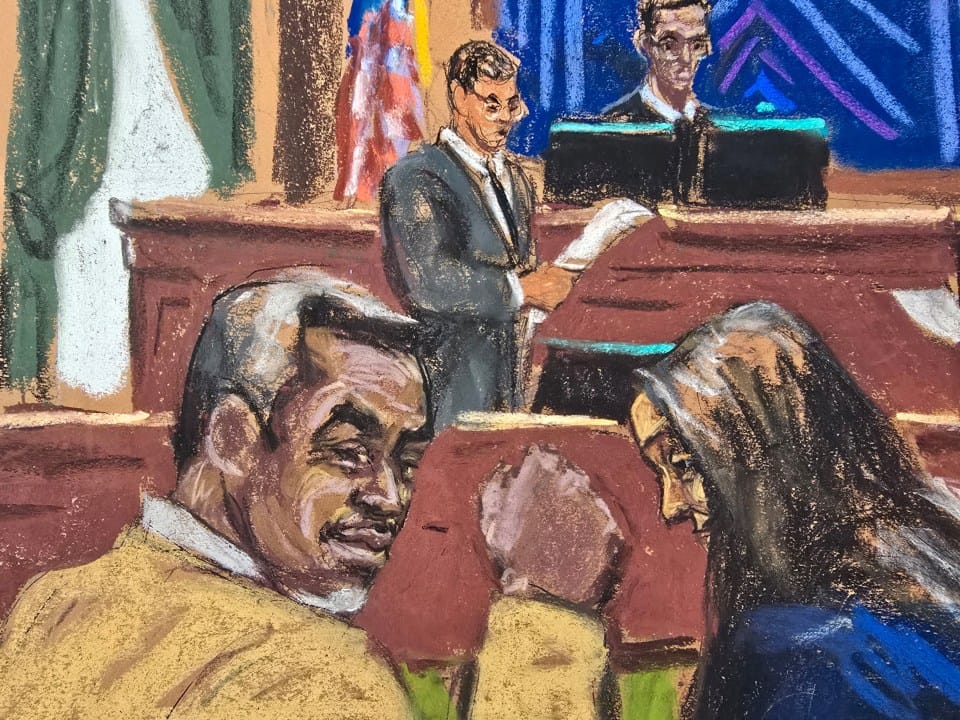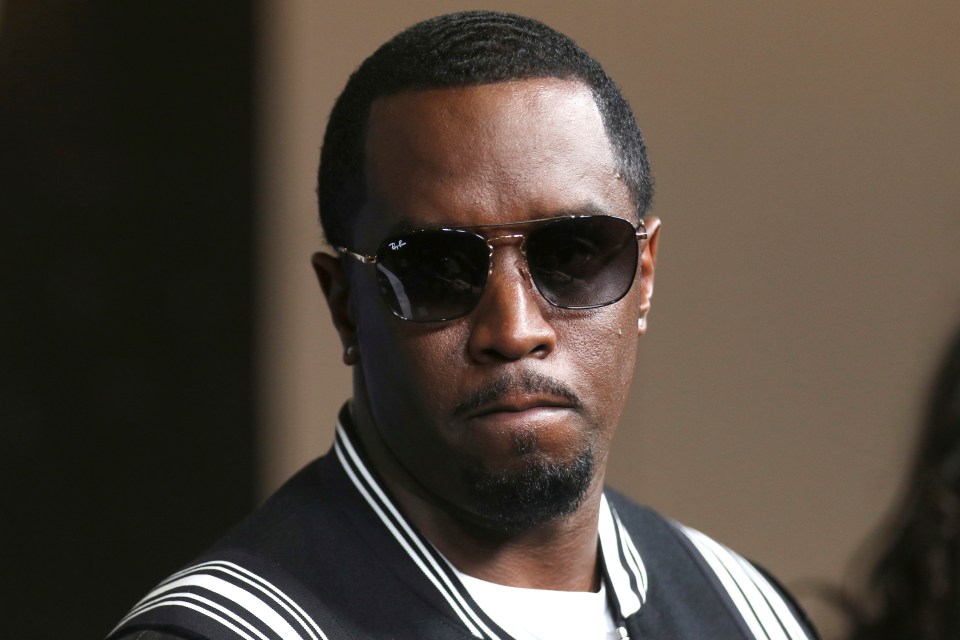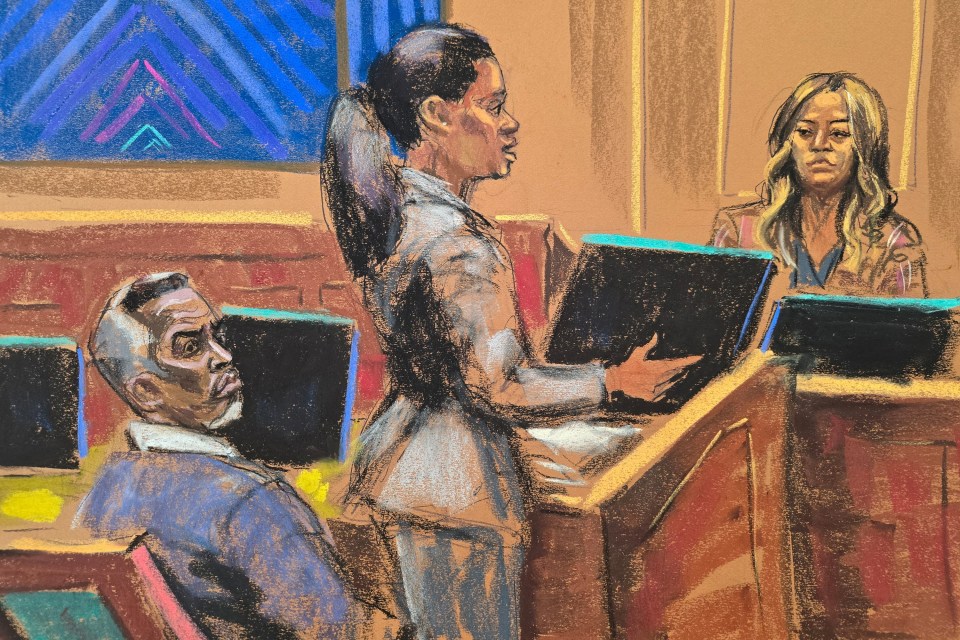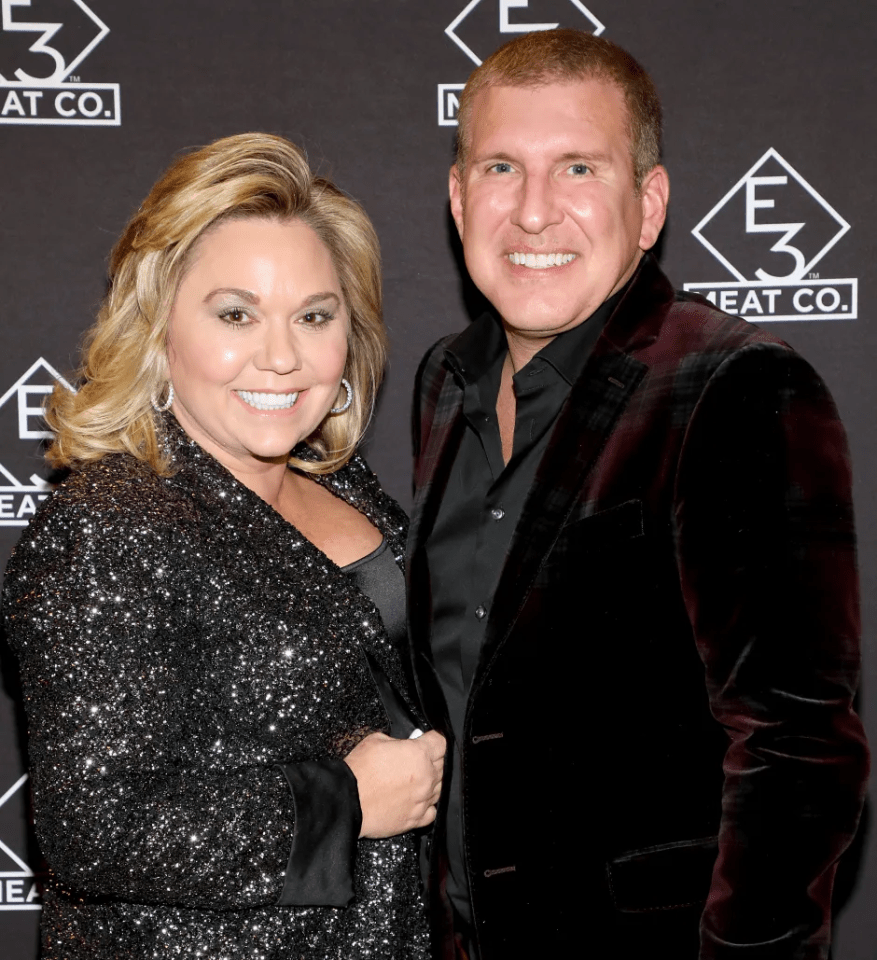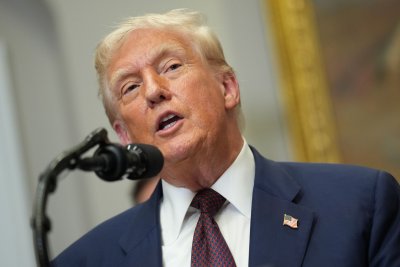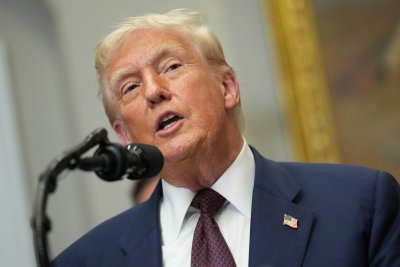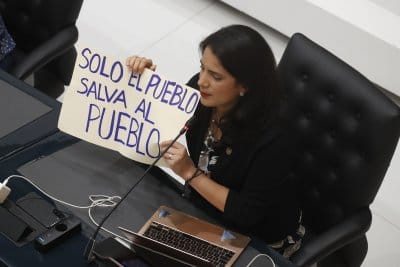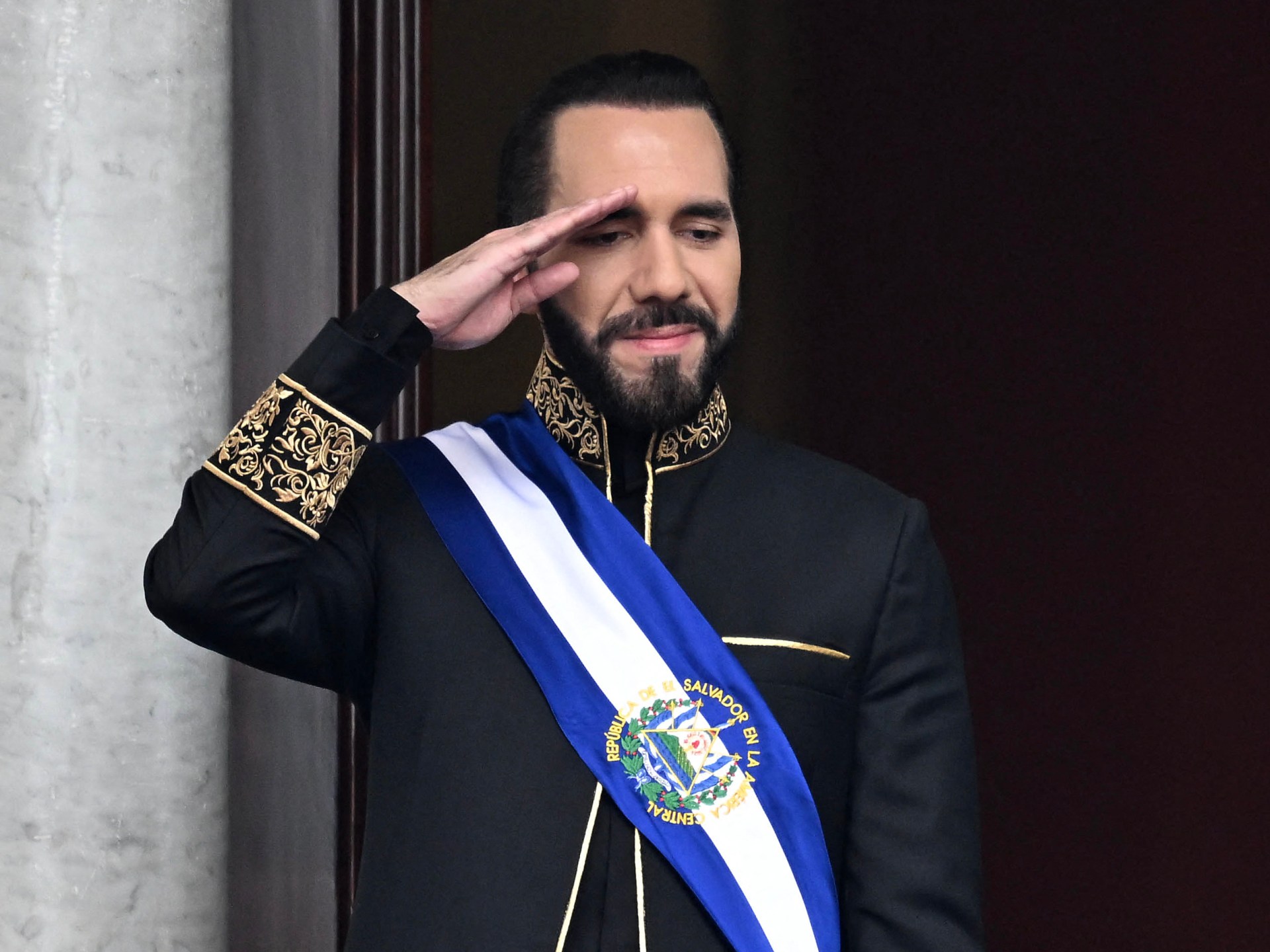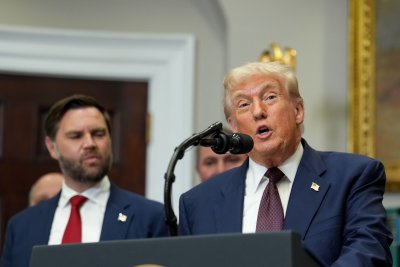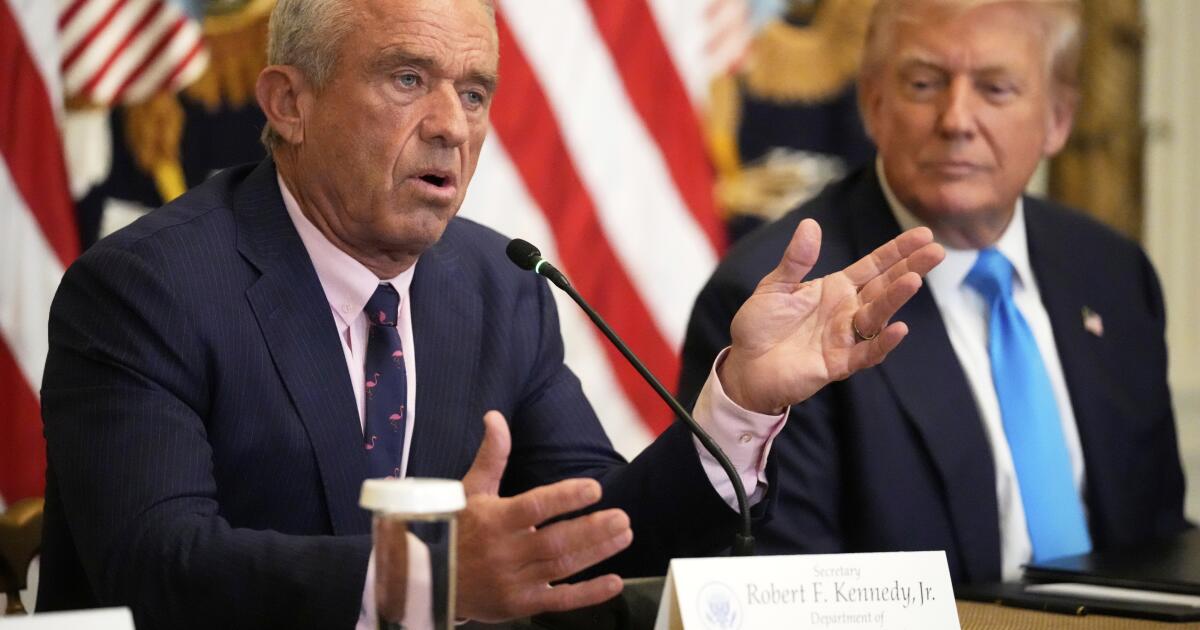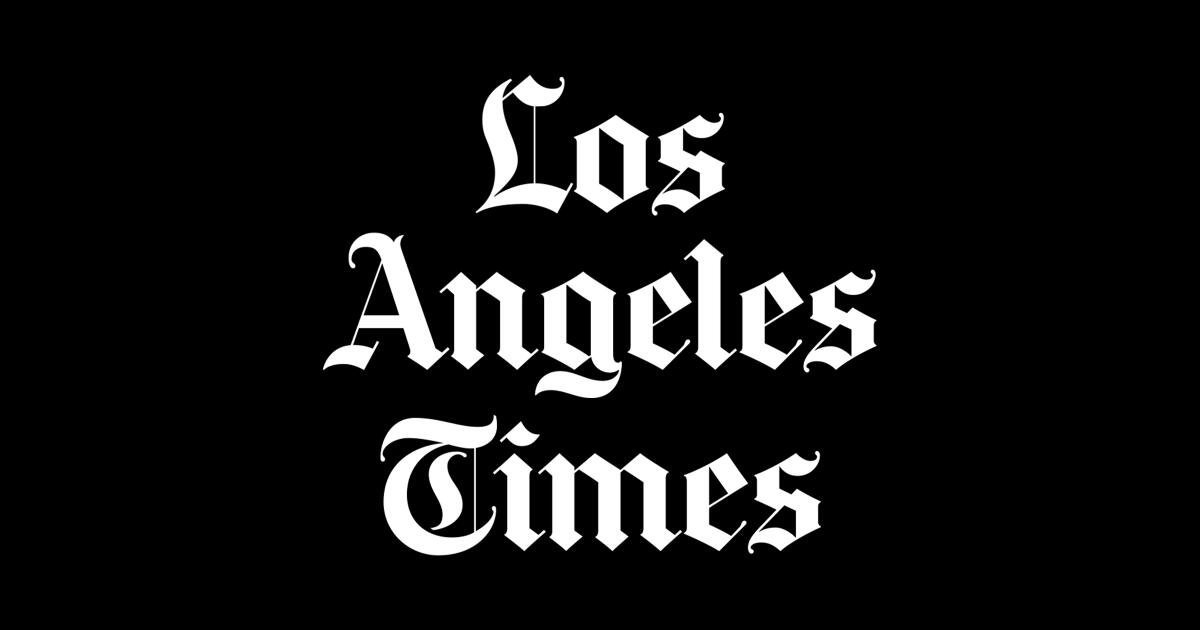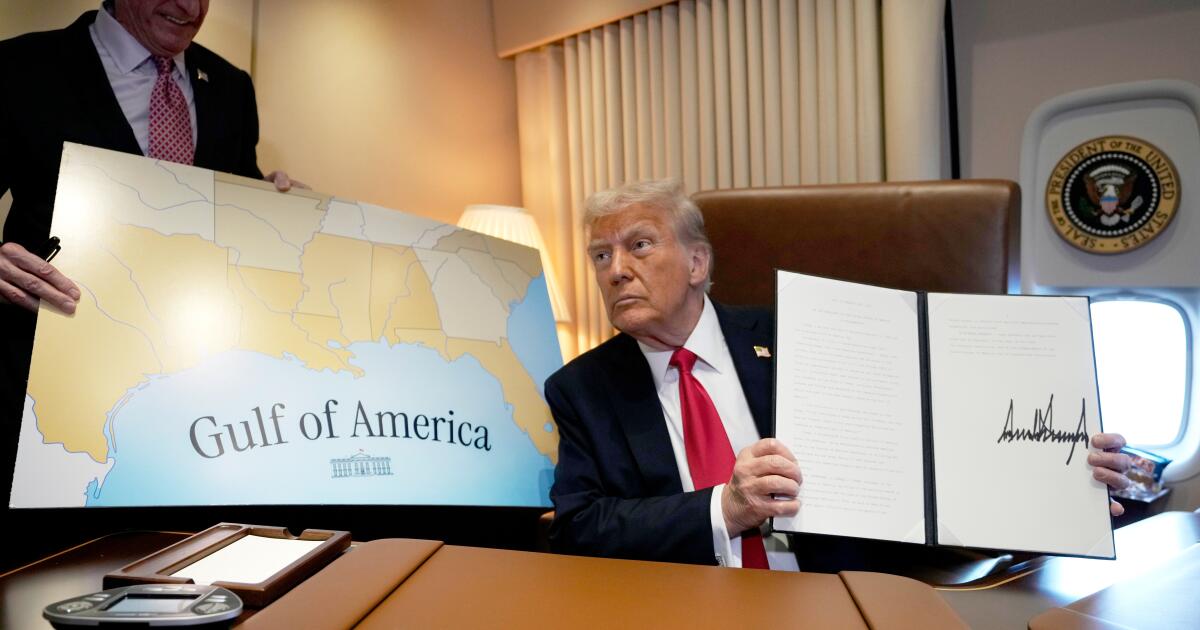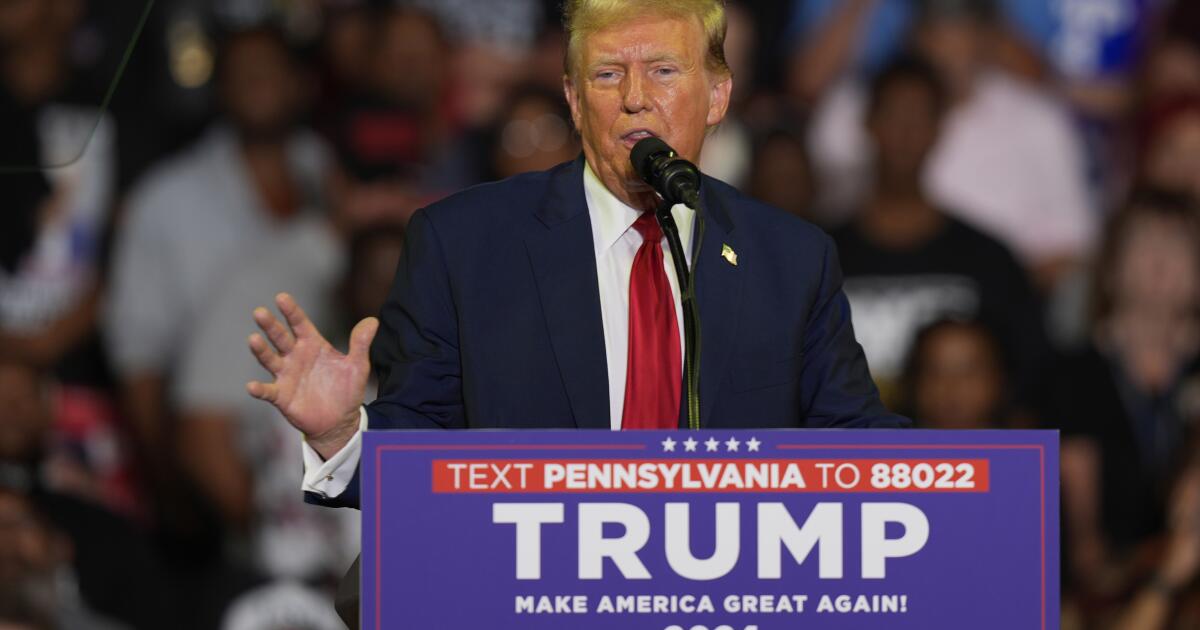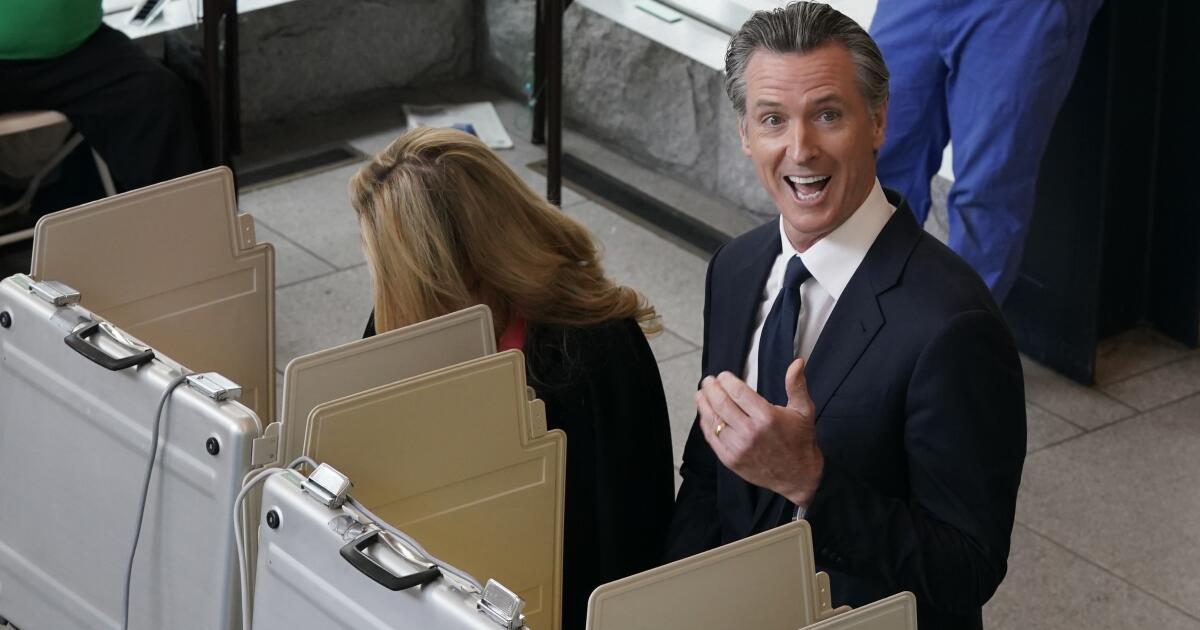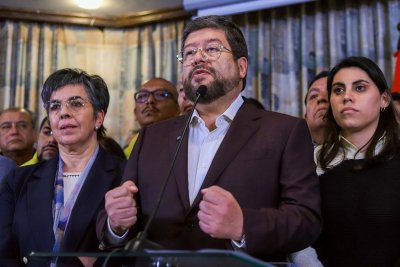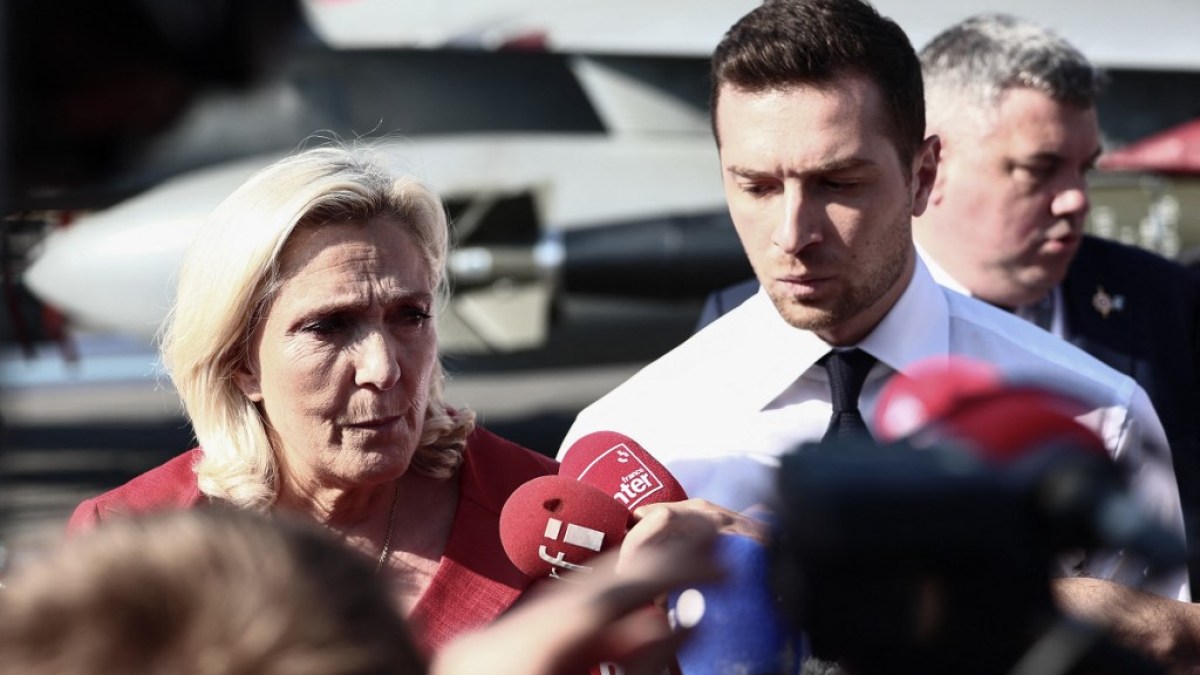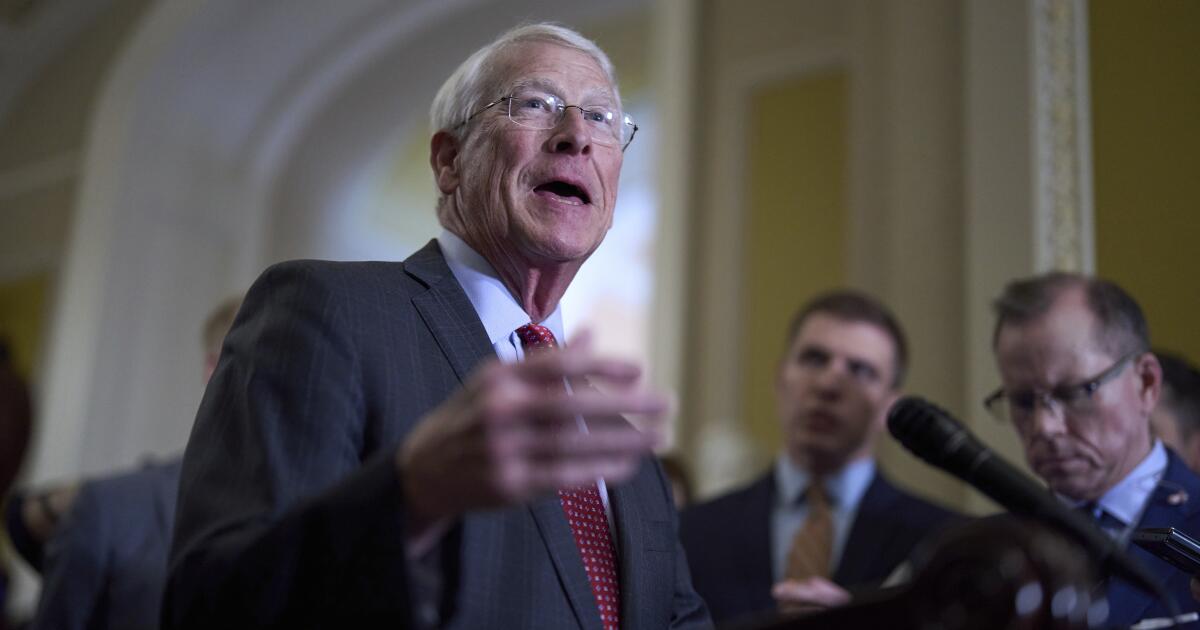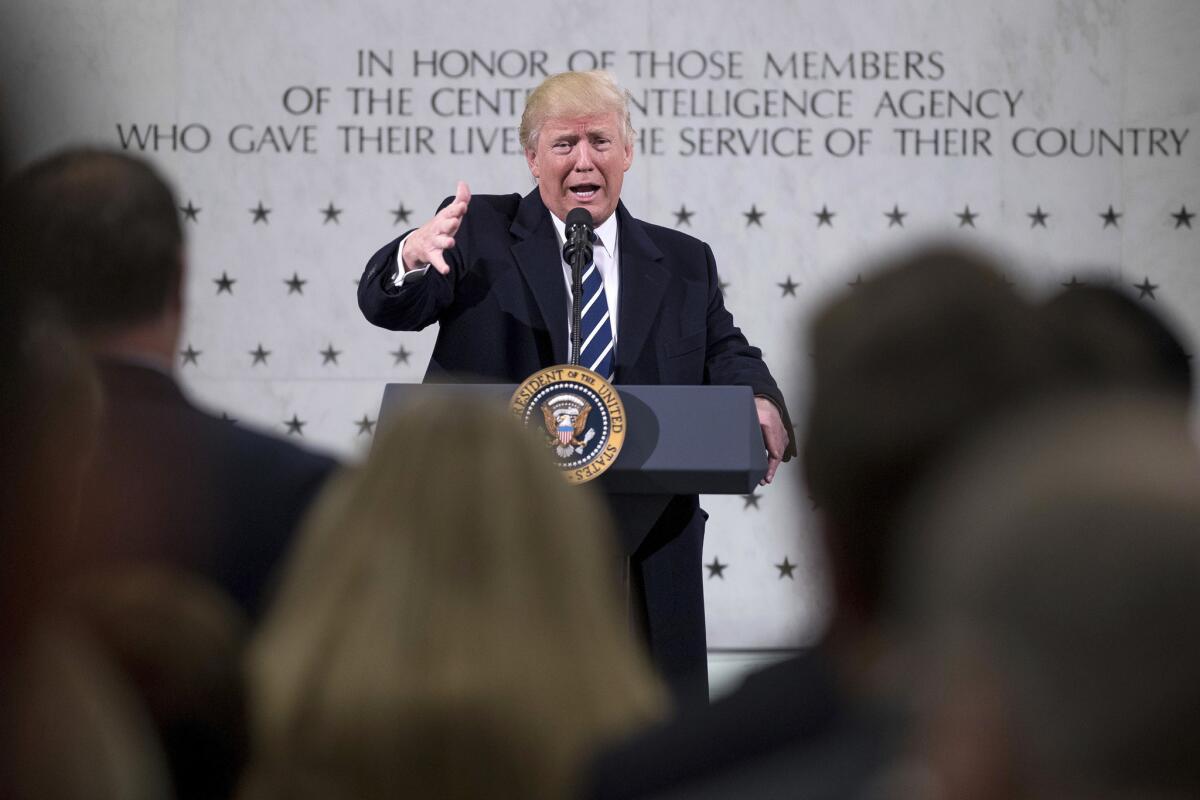GARDEN GROVE — He has the tact of a tiger, the decorum of a Marine platoon storming a beachhead. In his flamboyant, 14-year career in Congress, Republican Rep. Robert K. Dornan of Orange County has never been one to take prisoners.
This is the congressman who, on the House floor, once grabbed a colleague by the necktie and accused him of being a draft-dodger, the gung-ho politician who labeled one vanquished challenger “a sick, pompous little ass” and dubbed TV host Phil Donahue “a boot-licking wimp.” He once apologized for calling Vladimir Posner–the American-born Soviet commentator–a “betraying little Jew.”
Now the 59-year-old former Air Force fighter pilot has become a controversial combatant in the nastiest presidential campaign in recent history. Dornan was one of the principal architects of the Bush campaign’s last-ditch effort to paint the young Bill Clinton as a draft-dodging demonstrator who journeyed to Moscow at the height of the Vietnam War under circumstances that he has not fully explained.
Dornan and other conservatives, who had been hammering Clinton for weeks on the House floor, outlined the attack strategy during an Oval Office meeting with President Bush and White House Chief of Staff James A. Baker III earlier this month. The same day, the Bush campaign embraced the “Moscow strategy” as part of a broader assault on Clinton’s character.
Democrats have denounced the attacks as outright McCarthyism, and even some Republicans have questioned the tactic. Nevertheless, the President’s decision to take Dornan’s advice has thrust the already well-known Garden Grove Republican into the national spotlight with a vengeance.
Despite his reputation, Dornan said in an interview last week, “I’m a pussycat. I can say to anyone, ‘Hey, I’ll go buy you a drink, let’s drop the hatchet. I didn’t mean to be so rough with you.’ . . . Let’s face it, my opponents have given as good as they’ve gotten.”
His new notoriety apparently hasn’t hurt. In recent days, a top Dornan aide reports, the congressman has been deluged with requests to campaign for other Republican candidates since the Clinton controversy erupted. Last Tuesday, for example, Dornan was in Florida at the behest of Jeb Bush, the President’s son, promoting the Bush campaign and GOP House hopefuls.
Texas congressional candidate Beau Boulter put it this way, according to Dornan aide Paul Morrell: “Dornan is hot. He’s as hot as he’s ever been. I need him now.”
Dornan’s latest brush with notoriety can hardly be a surprise to anyone who has followed his often outrageous, nearly always controversial career.
To conservative Republicans, Dornan is a folk hero, the politician who will say what others won’t. With red beard bristling, arms waving and Irish-blue eyes ablaze under a perennially arched brow, Dornan is particularly popular with young conservatives who catch his performances on the House floor via C-SPAN, the cable public affairs network, or on CNN’s “Crossfire.” Dornan also fills in occasionally for right-wing national talk-show host Rush Limbaugh.
At the GOP National Convention in August, Dornan was the man in demand among young Republicans, signing autographs and posing for photos as he steam-rolled around the floor with characteristic bluster.
“He has always been crazy B-1 Bob and he always will be,” said a senior Republican campaign strategist, who asked not to be named. “When you watch TV, when you’re sitting there with your Ovaltine and Dornan (begins to speak), you throw the cat off your lap and you turn up the sound.”
Mary Matalin, the Bush campaign’s political director, said of Dornan: “In this era of jumping rats, a guy like Bob Dornan is someone who you appreciate with your whole heart.
“I respect his courage to be flamboyant in a land of milquetoast. He strikes some chord out there. The guy connects with some portion of America.”
“He’s a man of many passions,” said Rep. Henry J. Hyde (R-Ill.), an inveterate fan of Dornan. “There are no halfway measures with Bob. The things he believes in involve a total immersion. He has a memory that I would stack up with any computer in the world. He is a font of facts and boundless energy. He is hyperkinetic, he never seems to tire. And I suppose if you’re a Democrat it’s easy to get mad at him.”
Democrats consider Dornan a political provocateur who does not shrink from demagoguery, the guy who always goes too far. Many dismiss him as a sideshow to the Washington circus, a carnival clown always good for a laugh. But others note that Dornan’s amusing quips cut to the quick–and can often turn nasty.
Former Orange County Rep. Jerry M. Patterson, a Democrat whom Dornan defeated in his 1984 comeback, felt Dornan’s sting. After an unusually nasty campaign, Patterson sized up Dornan as a “right-wing extremist” and “nearly a lunatic.”
Bob Dornan’s world is composed mostly of absolutes–right and wrong, good and evil. He is devoutly anti-abortion, staunchly anti-communist, unabashedly anti-homosexual. Feminists have accused him of turning his back on women’s issues.
Dornan is the guy who disrupted a Jane Fonda speech in 1973 by burning an effigy of the actress. More often, it’s his rhetoric that’s incendiary. During his freshman year as a congressman in 1977, Dornan warned his new colleagues to be wary because Soviet KGB agents watch the House floor from the visitors’ gallery.
His gay-baiting is legendary. In June, Dornan blasted supporters of his primary election opponent, Judith Ryan, saying that “every lesbian spear-chucker in this country is hoping I get defeated.” A month later he took on public television’s venerable “Masterpiece Theatre,” calling its “Portrait of a Marriage” production a “training film for lesbians.”
During a 1990 roast of Iran-Contra conspirator Oliver North, Dornan jokingly told the crowd he had received a telegram to the former Marine colonel from Gerry E. Studds, an openly gay congressman from Massachusetts. Dornan paused, then said with a lisp, “Hi, sailor.”
Such antics are a Dornan trademark. He was an actor (he had a minor role in the film “Shore to Hell” and appeared on the 1960s television series “12 O’Clock High”), free-lance broadcast journalist and TV talk-show host long before he became a politician. His mother was a Ziegfield showgirl. Dornan also is the nephew of Jack Haley, the Tin Man in “The Wizard of Oz.”
Contrary to what his critics claim, Dornan said, “I don’t think there’s a hateful bone in my body.” Whatever his excesses, he said, they are borne of a passionate belief in the causes he champions.
“My favorite quote in all of politics is by Teddy Roosevelt, the one that talks about the real service is rendered by the man who is actually in the arena, whose face is marred by dust and sweat and blood,” Dornan said.
“I serve (in Congress), and this is on both sides of the aisle, with some fairly thin-blooded people, devoid of passion. But we’re not just technocrats back there (in Washington), we’re not just number crunchers, we’re supposed to have some heart.”
Of the Posner incident, Dornan said the remark was a mistake made in the heat of passion, and better understood in context. Posner had been on a television broadcast contending that there was no anti-Semitism in the Soviet Union, a remark, Dornan said, that enraged him.
“I got up (on the House floor) to make the point that here was a guy of Jewish heritage who admitted once he was kicked out of the University of Moscow when they found out he was Jewish,” Dornan said.
“This man had been covering up anti-Semitism, and I said he was a disloyal, betraying little Jew. And I didn’t realize I’d said it. My next sentence was that he was a disgrace, meaning he had hurt the Jewish people. . . . I later apologized to the nation. . . . When it pops up in isolation, it looks like I’m (an) anti-Semite and it hurts.”
Dornan’s relationship with the patrician President is one of those products of the political and personal physics unique to Washington.
“Bush is ‘Anyone for tennis?’ and Dornan is ‘Let’s have another beer and sing “Irish Eyes are Smiling.” ’ But opposites attract,” said Hyde, a senior conservative in the House. “It may just be that Bush sees in Dornan some character traits that the President doesn’t have.”
Dornan was the first conservative on the Bush-for-President bandwagon, clambering aboard in late 1985. He campaigned for Bush with characteristic enthusiasm in three dozen states.
“Bush bumped into him a lot, and Bob went down to the vice presidential mansion quite a bit,” recalled Brian Bennett, Dornan’s former longtime chief of staff. “They developed a good relationship.”
Though some conservatives viewed Bush as a wimp, Dornan saw something far different. “We had both bailed out in the Pacific Ocean, he in wartime, me in peacetime,” Dornan said. “We were both rescued after it looked like it was going to be too late. . . . I was attracted to him by those similarities.”
But when it came time to collect the spoils of victory, Dornan got passed over for the high-level post he coveted: drug czar. Dornan was disappointed, but has realized some benefits from his unflagging support of the President, gaining ready access to the Oval Office not usually permitted a congressman.
It was that sort of access that resulted in Dornan’s visit with the President Oct. 6, accompanied by fellow GOP Reps. Duncan Hunter of Coronado, Randy (Duke) Cunningham of San Diego and Sam Johnson of Texas.
The same day, the Bush campaign launched a spirited “fax attack” on Clinton, based on a Washington Times article which itself was based largely on Dornan’s House speeches criticizing Clinton’s youthful trip to Moscow over New Year’s of 1969-’70. Within a day, Bush personally mounted a more focused assault on Clinton’s anti-war activities as a Rhodes scholar in England and on the Moscow visit.
“One of the things people don’t get about him is he’s very much a team player,” Bennett said of Dornan. “People always see him as a maverick out there on his own. It’s quite the opposite. He consults with people before he makes a decision.”
White House officials played down the role of Dornan and the other congressmen in putting together the attack plan.
“When you’re the President of the United States and you’re somewhat behind in the polls you hear lots of advice,” said Ron Kaufman, Bush’s political director. “And Bob–in his own quiet, shy way–always is willing to share with us his feelings and beliefs and ideas. But there are very few ideas that only one person has.”
Nevertheless, the President’s decision to follow his advice was a personal victory for Dornan, who has seized on Clinton’s anti-war activities during the Vietnam era as a major campaign theme.
On the House floor last month, Dornan told his colleagues, “I am going to . . . discuss the pathetic attempt of Gov. Bill Clinton to avoid his past history as a calculating draft dodger by claiming he was ‘only a 23-year-old boy,’ when he dodged the draft.
“When I was 23, I had two children and one on the way. And, as an Air Force lieutenant, I was flying F-100 supersonic fighters as a flight leader at George Air Force base. I repeat, I was 23 and I was not ‘a boy.’ ”
In his own campaigns, Dornan has been more than willing to kick up dust:
* During his 1980 battle for his old Santa Monica-area district against Carey Peck, son of actor Gregory Peck, it took a Justice Department investigation to clear the challenger of Dornan’s allegations that Peck accepted $13,000 in illegal cash campaign donations from James H. Dennis, a convicted felon serving time in an Alabama federal prison for fraud. Dennis said that he agreed to make the accusations when Dornan visited him in prison and promised to get the felon better prison status. Dornan denied that any deal existed.
* While making an unsuccessful run for U.S. Senate in 1982, Dornan accused Barry Goldwater Jr. of being involved in a drug scandal on Capitol Hill and assisted law enforcement officials in an investigation. The younger Goldwater was never charged with any wrongdoing.
* At a debate during the 1986 race, Dornan launched a furious series of character attacks on his opponent, then-Assemblyman Richard Robinson. He accused the Democrat of “influence peddling, bribery, extortion and dealing with teen-age prostitutes in Sacramento.” An angry Robinson denied all the charges, but lost the election.
A politician who has earned a special place on Dornan’s mantle of opponents is Sen. Edward M. (Ted) Kennedy (D-Mass.). After the Chappaquiddick scandal broke in 1969, Dornan was unconvinced by Kennedy’s story of how his car plunged off a rickety wooden bridge, trapping Mary Jo Kopechne inside. Never one to sit idly by, Dornan jetted off to Cape Cod, donned a swimming suit and dove into the channel.
The next week on his TV talk show, Dornan announced the results of his little test: He had nearly drowned, so there was no way that Kennedy–who to this day suffers the effects of a back injury he sustained in a previous traffic accident–could have done it.
A decade later, Dornan raised the specter of Chappaquiddick once again, this time on the House floor. At the time, Kennedy was eyeing a run for the presidency, so Speaker of the House Thomas P. (Tip) O’Neill Jr. came to the senator’s defense. “Dornan, this is a character assassination,” O’Neill declared. “You need a psychiatrist.”
Times staff writer Dave Lesher and researcher April Jackson also contributed to this report.
Bob Dornan’s Way With Words
Quotations from Rep. Robert K. Dornan (R-Garden Grove), who often draws controversy with what critics and admirers agree is an aggressive political style.
* “I walked over and grabbed the guy’s flag from around his throat and shook it until the knot came off and pulled it off. I told him: ‘My dad earned three Purple Hearts for this flag.’ ”
–Dornan, describing his encounter in 1971 with an anti-war demonstrator wearing an American flag for a scarf.
* “I don’t want my two sons drafted, not after we killed 57,000 men in Vietnam and can’t tell them why. I don’t want my sons sucked up into that, and if that sounds like (left-wing Assemblyman) Tom Hayden, tough.”
–Dornan on draft registration in 1980
* He is “a betraying little Jew.”
–Dornan on Soviet TV commentator Vladimir Posner in 1985. He later apologized for the remark.
* “No, no, no. He was a drunk, an adulterer and a bastard and I didn’t support him.”
–Dornan’s denial on the “Phil Donahue” show in 1985 that he supported former Nicaraguan dictator Anastasio Somoza
* “He is a traitor, a liar and a coward. He counseled with the enemy in every Communist capital of the world.”
–Dornan on Assemblyman Tom Hayden (D-Santa Monica) in 1986. * “It smells of radical chic. If you go into the big wealthy homes of the Hollywood elite up in the canyons of Beverly Hills, and they compliment you and you guilt-trip them about how they’re not being part of any left-wing revolutions around the world . . . you don’t accomplish a thing. Because as soon as you’ve left some of those houses, they break out the cocaine to ease their limousine-liberal guilt.”
–Dornan on Nicaraguan President Daniel Ortega’s U.S. itinerary in 1986.
* “Coelho is baiting me for not killing people, and coming from a flaming liberal like him, that’s weird.”
–Dornan, responding in 1986 after Rep. Tony Coelho (D-Merced) accused him of exaggerating to make it appear that he faced combat in the Korean and Vietnam wars. Dornan was an Air Force pilot but never flew in combat.
* “In my 10 years in Congress, I have never heard so obnoxious a statement as I heard from Mr. Coelho, which means ‘rabbit’ in Portuguese.”
–Dornan, chastising Coelho during a House debate in 1988 over Contra aid. After Dornan refused to stop shouting, the House voted 237-167 along party lines to cut off Dornan’s microphone.
* “His stands are the antithesis of a county that named its airport after John Wayne.”
–Dornan’s response in 1990 to rumors that Ron Kovic, a wounded Vietnam veteran turned anti-war protester whose life story was told in the film “Born on the Fourth of July,” might challenge him for his congressional seat.
* “Every lesbian spear-chucker in this country is hoping I get defeated.”
–Dornan, blasting opponent Judith Ryan and abortion-rights activists on primary election day in June, 1992.
Researched by APRIL JACKSON / Los Angeles Times
